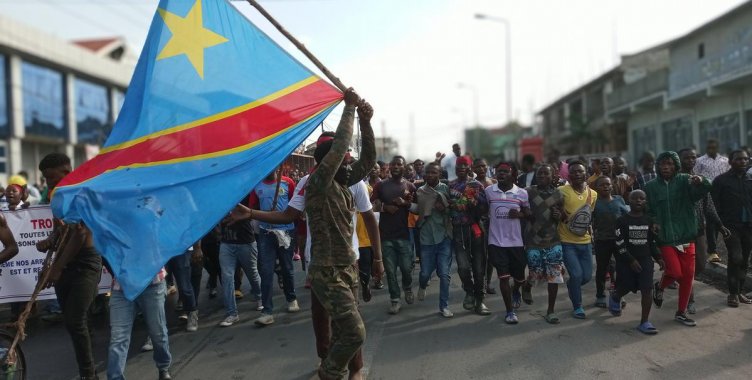Both the Angolan and DR Congo presidencies reaffirmed that the meeting would take place, despite the M23 declaring, at the end of the day on Monday, that it was cancelling its presence, attributing its absence to "international institutions", following the announcement by the European Union of sanctions against a refinery based in Kigali and nine people linked to the recent rebel offensives in eastern DR Congo.
If it happens, the meeting should mark the beginning of direct negotiations for peace and follows the "steps taken by Angolan mediation in the conflict affecting eastern DR Congo", as announced by the Presidency.
The head of state, João Lourenço, acting president of the African Union (AU) since last February, has acted as a facilitator to promote peace and security in the region and reduce tensions between the DR Congo and Rwanda, a country accused of militarily supporting the rebels of the March 23 Movement (M23).
Before announcing his absence, the armed group M23 had announced the sending of five delegates to Luanda to participate in the peace negotiations, declaring "deep gratitude" to João Lourenço "for his tireless efforts" to find a peaceful solution to the current conflict in the DRCongo.
The Government of the DR Congo also confirmed its participation in the peace negotiations, having announced the arrival of a delegation at the end of Monday in Luanda.
This is the first time that the Government of the Democratic Republic of the Congo has agreed to negotiate directly with the M23.
The spokeswoman for the Democratic Congolese Presidency confirmed her country's participation after João Lourenço called for a ceasefire between the parties starting Sunday to facilitate negotiations.
The M23 has been advancing into democratic Congolese territory since January, when it took Goma, capital of North Kivu province.
In February, the M23, which is supported by Rwanda – according to the UN and countries such as the US, Germany and France – took control of Bukavu, the strategic capital of the neighboring province of South Kivu.
The rebels now control the capitals of these two provinces, which border Rwanda and are rich in minerals such as gold and coltan, essential for the technology industry and the manufacture of mobile phones.
João Lourenço reiterated last week his concern about terrorism and violent extremism, unconstitutional changes in democratically elected governments and the conflicts that prevail in Africa, especially in eastern DR Congo and Sudan.
"We have decided not to sit idly by and insist on seeking peaceful solutions, not allowing the ongoing balkanization plan to come to fruition, with the creation of a pariah state in eastern DR Congo, or even the attempt to reverse the power established in Kinshasa by military means," he said while speaking in Addis Ababa, Ethiopia, during the handover ceremony of the new members of the AU commission.
The armed activity of the M23 – a group made up mainly of Tutsis victims of the 1994 Rwandan genocide – resumed in November 2021 with lightning attacks against the government army in North Kivu, having advanced on several fronts and raising fears of a possible regional war.







